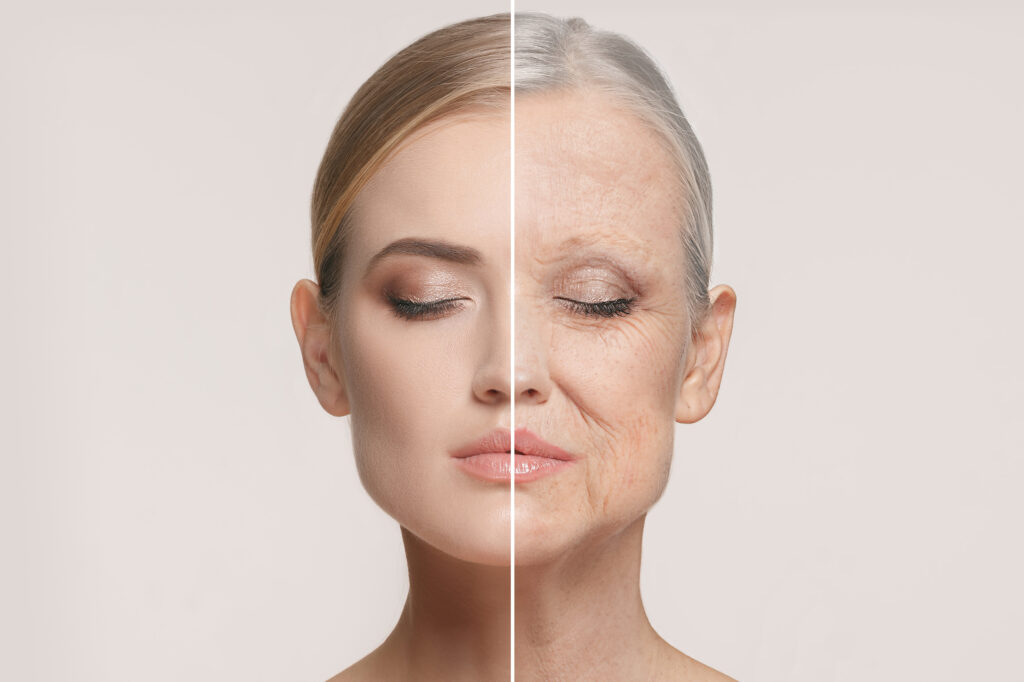The inevitable process of aging is a part of life humans have been fighting for centuries; with people willing to go to serious lengths to delay the signs of aging. The relationship between the aging process and self-esteem is intrinsic and is one of the factors that drives consumers to use anti-aging products and treatments. We need to analyze how the use of anti-aging cosmetic products affects a consumer’s level of self-esteem, particularly female consumers.
The aging process involves physical and psychological changes, and especially for women these changes are intensified by the pressure to meet the aesthetic standards of contemporary society both socially and professionally. Women are the largest consumers of cosmetic products and aesthetic services, with the motivation to maintain a young and beautiful appearance, we want to understand the relationship between the women and their self-esteem knowing that self-esteem plays a significant role in adapting to the aging process.
The experts suggest a more integrated approach to addressing patient well-being and the recommendation of anti-aging treatments. Setting realistic expectations and educating patients on the aging process, as well as the various lifestyle habits and aspects of their skin care routine that can impact their skin health can help mitigate psychological effects of getting older and perfectionism. It is essential that the approach to help women choose the products and treatments be appropriate to their needs and follow realistic expected outcomes, in order to promote adaptive patterns of perfectionism and reduce the psychological morbidity that non-acceptance of the signs of aging may cause.
Better educating patients is another significant part of ensuring the effectiveness of treatments, patient satisfaction and increased self-esteem. Doctors and medical aesthetics professionals should also support their advice on scientific evidence and provide clear instructions about anti-aging skin care routines and lifestyle habits, and how to use these cosmetic products to maximize their effectiveness. One important factor that is frequently overlooked is the effect of sun damage. For instance, about 30% to 70% of women do not use UV protection daily. It is important that aesthetic professionals continue to mention that solar radiation is the main factor for skin aging and that the use of sunscreen should be part of the daily skin care routine. Those professionals have an important role in consumers’ education and indirectly promote patient’s self-esteem as well.
Considering the psychological effects of using anti-aging cosmetic products and their effect on self-esteem can help medical aesthetics professionals make positive changes in the way they treat patients, improving patient self-esteem while encouraging positive adaptation to aging. Being positive about getting old and using treatments and products with proven efficacy is the way towards aging well.
Remember “Good skin is always in”, and it does not mean looking super young. It means looking the best possible version of yourself at your age.
Afsheen Ather
Bachelors in Medicine & Surgery
Licensed Master Instructor, Master Aesthetician and Master Permanent Makeup Artist

